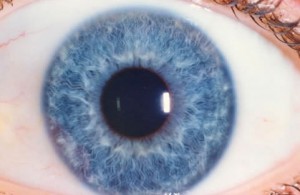 University’s £1m study of eyeball link to Alzheimer’s 27 October 2014
University’s £1m study of eyeball link to Alzheimer’s 27 October 2014
e study will investigate changes to veins and arteries in the eyeball
‘Major step’ towards Alzheimer’s test
Brain research ‘needs new strategy’
Blood test ‘finds Alzheimer’s early’
Researchers at Dundee University are to lead a £1.1m study into whether eye tests can reveal the onset of Alzheimer’s disease.
A team from the university’s school of computing will carry out the three-year study with colleagues in Edinburgh.
Evidence suggests changes to veins and arteries in the eye could be linked to diseases including stroke and cardiovascular disease.
The team will study if this could act as an “early warning” of Alzheimer’s.
The new study uses specially-developed computer software to analyse high-definition images of the eye from multiple instruments to establish whether such changes in the eye could act as an early indicator of Alzheimer’s disease.
The team will further develop existing software and cross-reference data with medical history information stored at Ninewells Hospital to see if a relationship can be established
Emanuele Trucco, professor of computational vision at the school of computing, is leading the project.
He said: “If you can look into someone’s eyes using an inexpensive machine and discover something which may suggest a risk of developing dementia, then that’s a very interesting proposition.
“There is the promise of early warning in a non-invasive way and there is also the fact that we even might be able to use the test to differentiate between different types of dementia.”
The project has been funded as part of an £8m investment at 11 universities by the Engineering and Physical Sciences Research Council.
The body’s chief executive Prof Philip Nelson said: “The UK faces a huge challenge over the coming decades, we have an ageing population and a likely rise in the numbers of people suffering from dementias.
“These research projects will improve our abilities to detect and understand dementias and how the disease progresses.”
The study will begin in April 2015 and run for three years.
